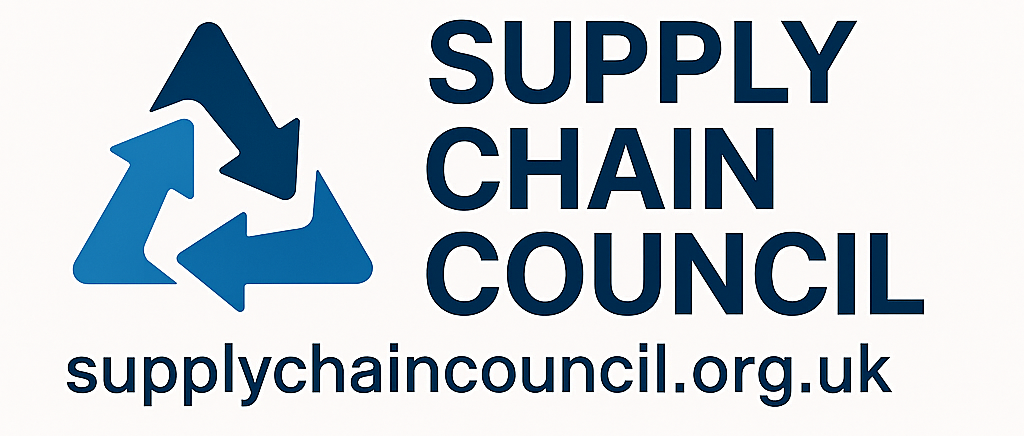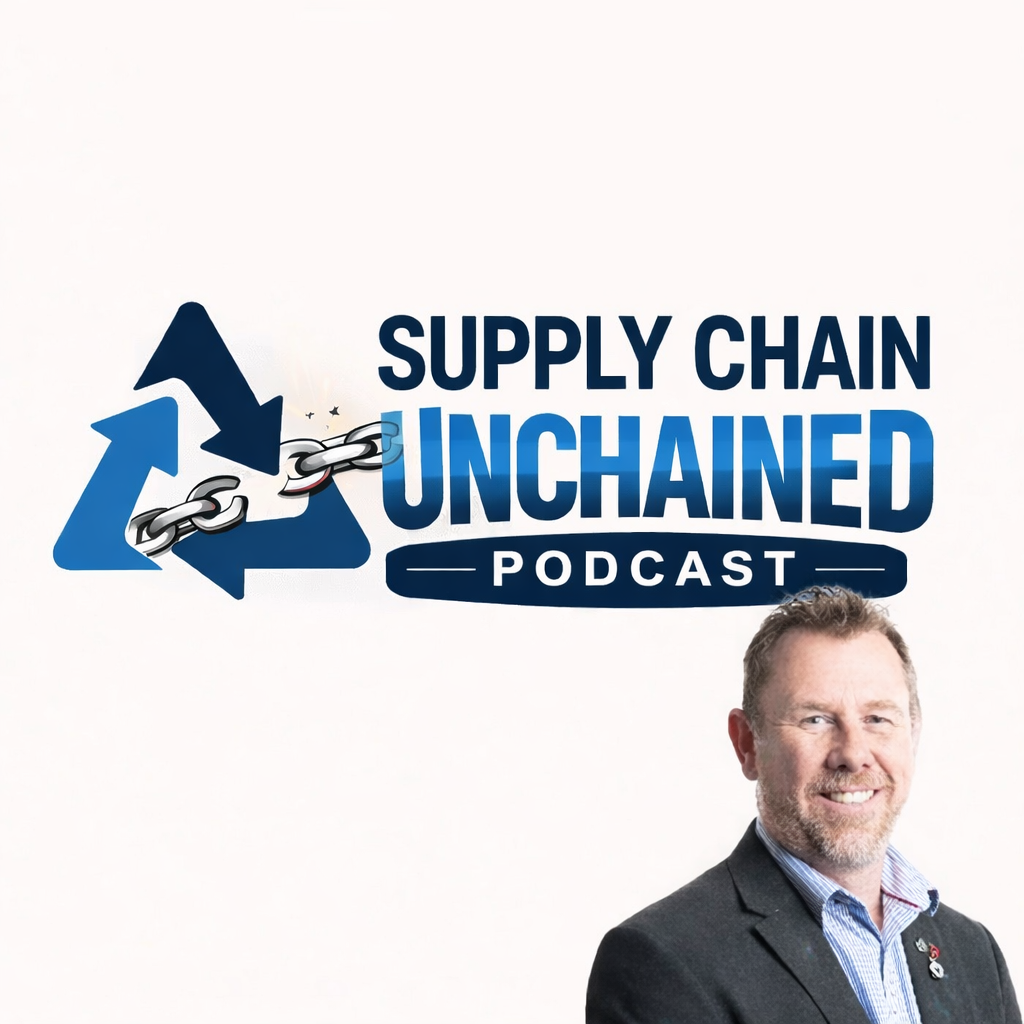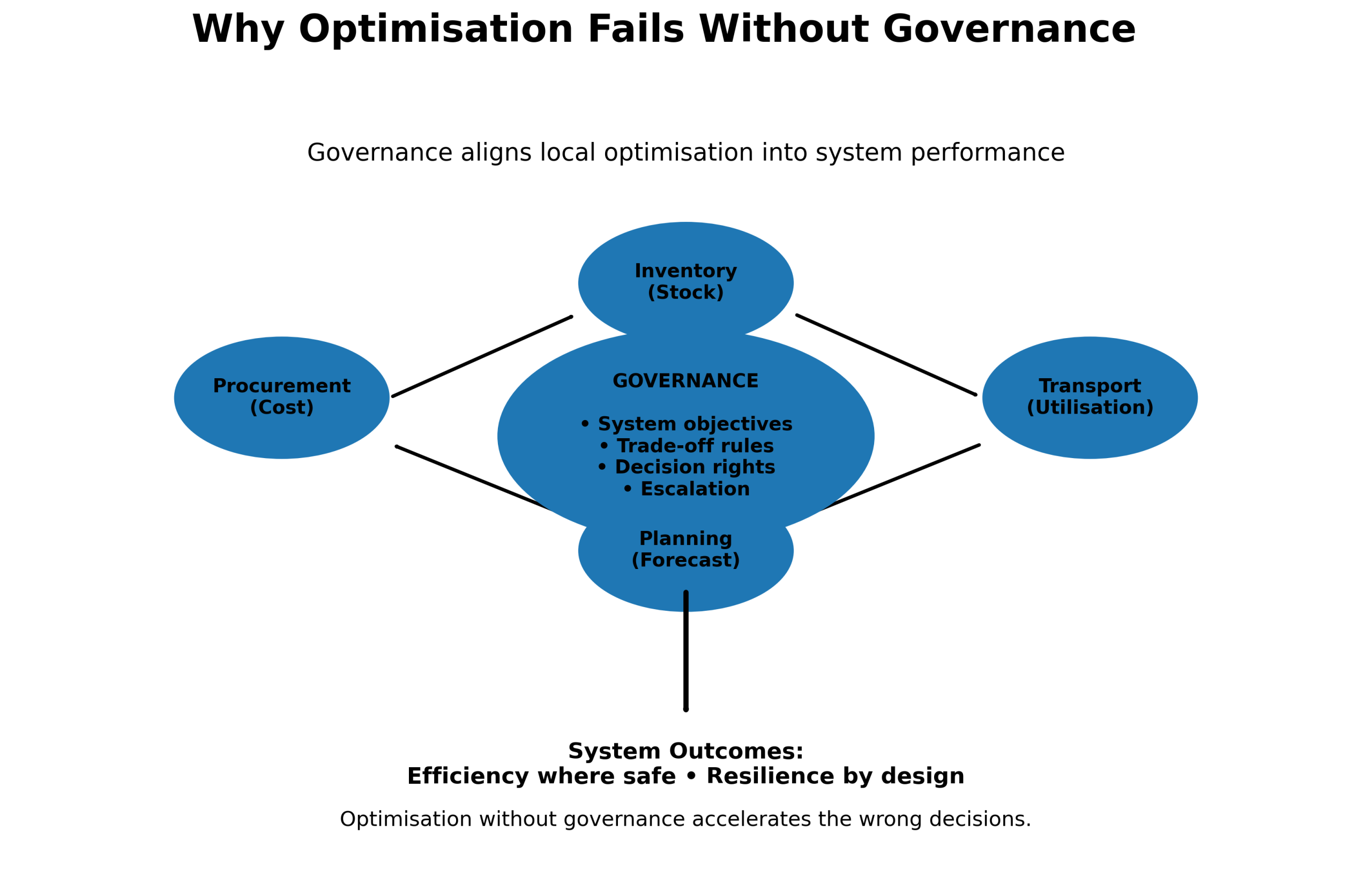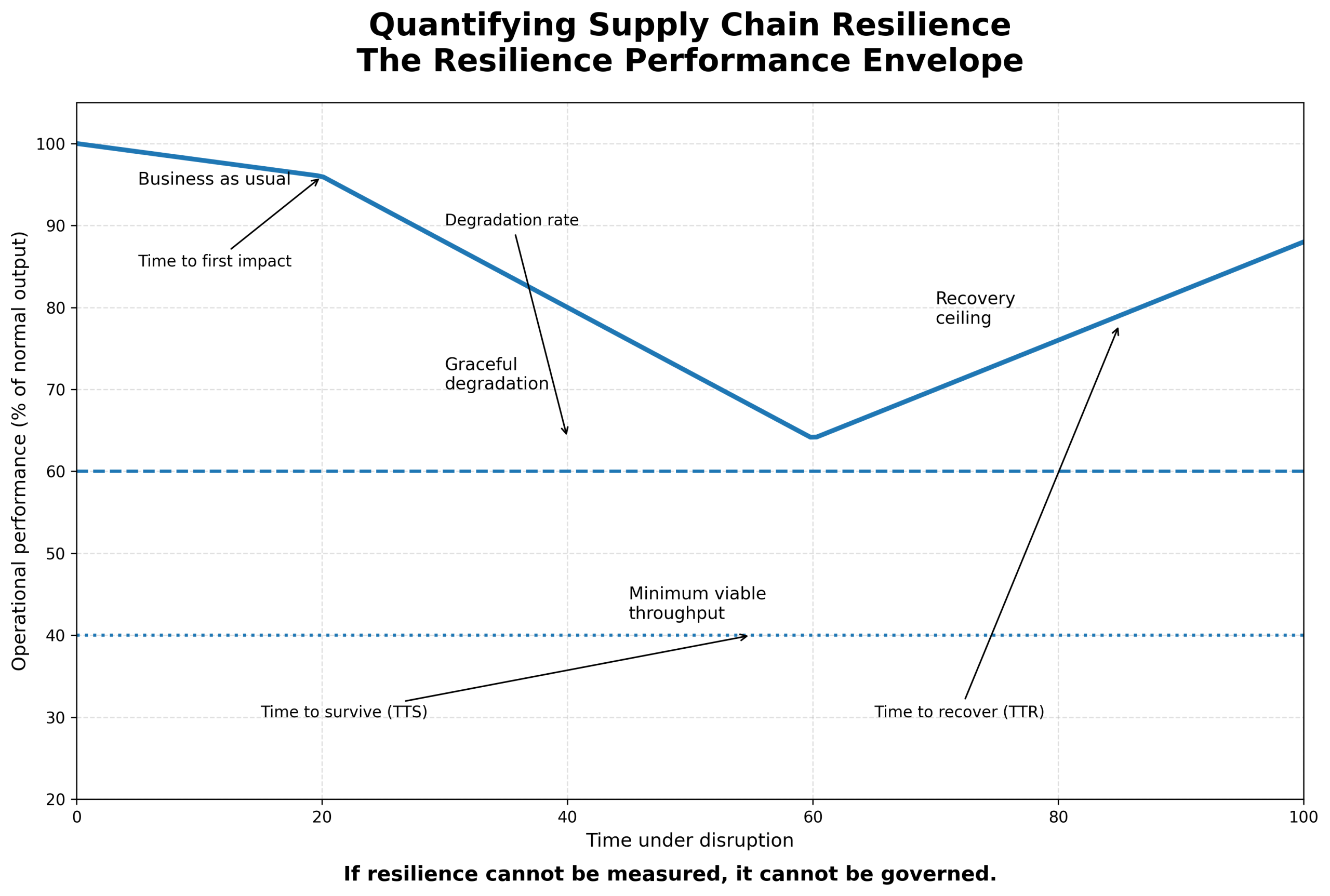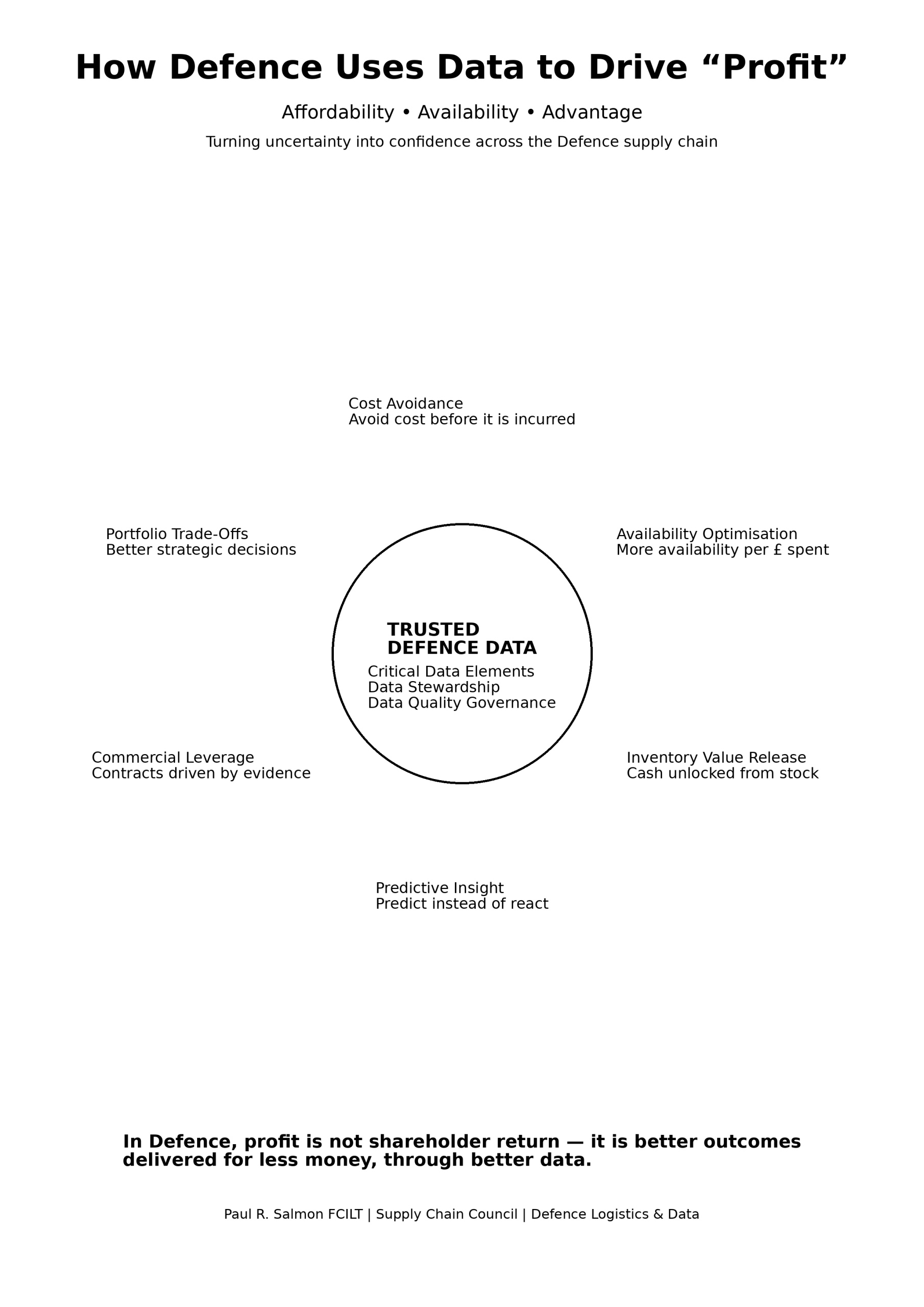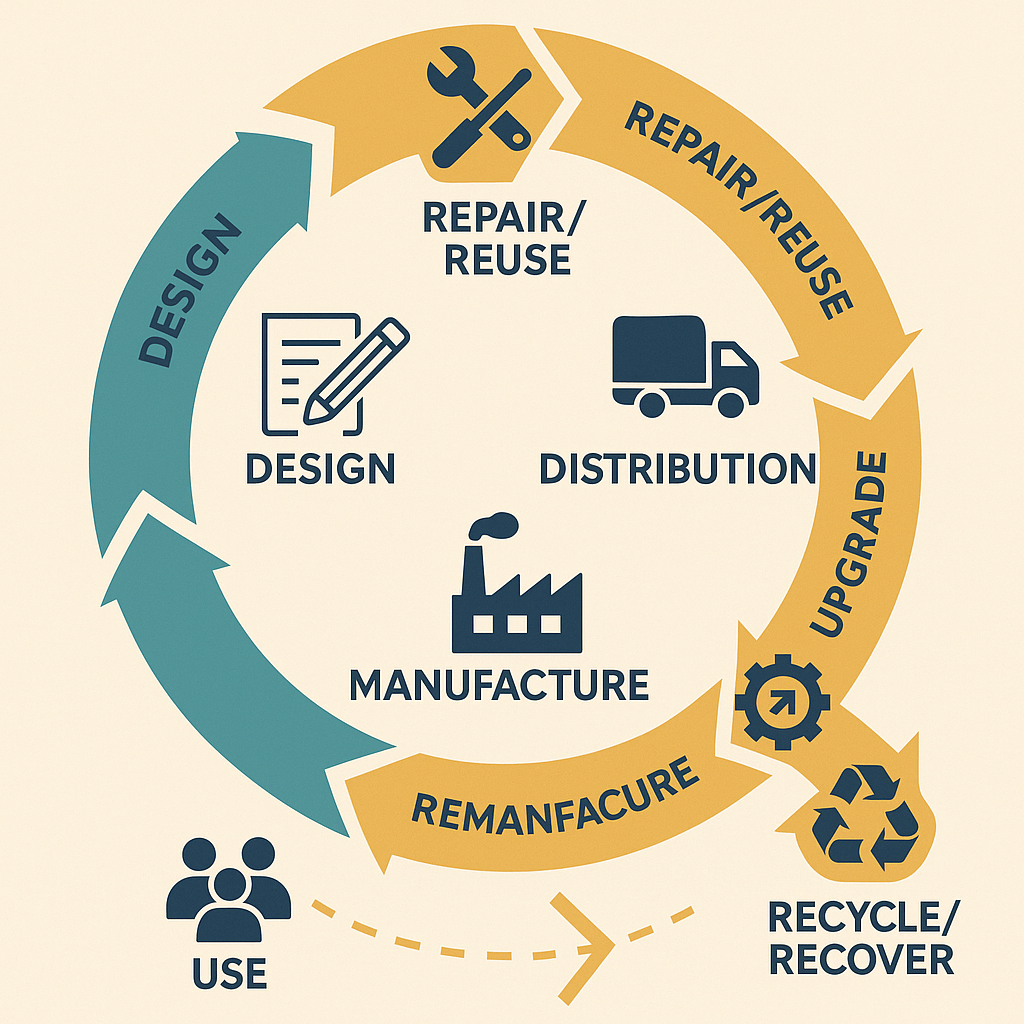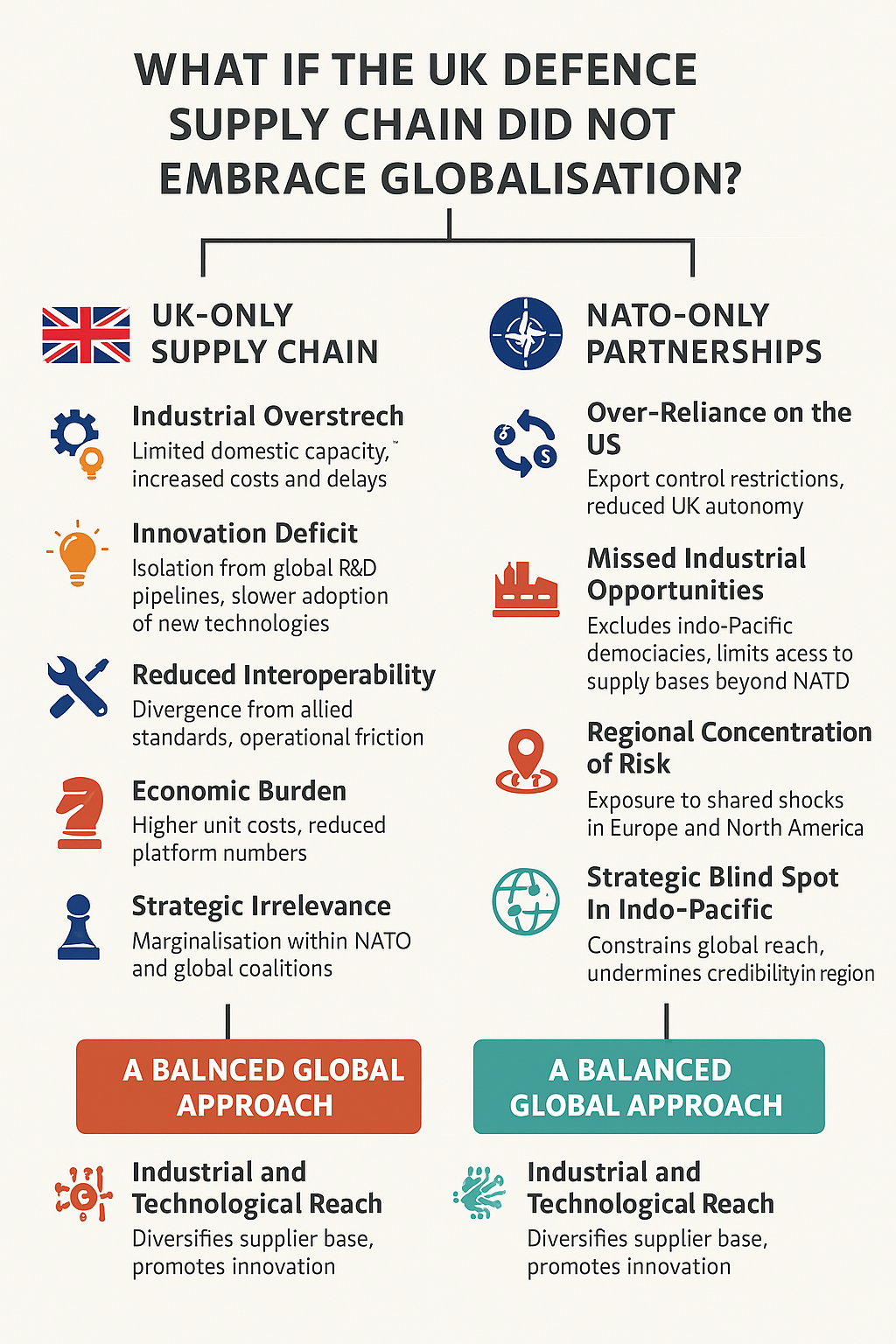By Paul R Salmon FCILT, FSCM
When people hear “STEM” (Science, Technology, Engineering, and Mathematics), their minds often jump to laboratories, bridges, or satellites. But STEM is much broader – and it’s not just the domain of engineers or scientists in white coats. In today’s complex and interconnected world, STEM skills are essential across all professions, particularly in supply chain and logistics.
From predicting inventory levels to optimising transport routes, from managing carbon footprints to ensuring operational readiness in defence, STEM thinking powers the systems that keep our economies and militaries moving.
This isn’t a future need. It’s a present reality.
STEM in the Modern Supply Chain
The global supply chain is under pressure like never before. Disruptions from pandemics, geopolitical tensions, climate change, and technological shifts demand new ways of working. To meet these challenges, organisations need people who can:
Analyse data to identify bottlenecks and inefficiencies. Understand the science of materials, fuels, and packaging. Apply mathematical modelling to forecast demand and plan resilience. Embrace emerging technologies like artificial intelligence, robotics, and blockchain.
These aren’t just technical skills – they’re core competencies for logisticians, planners, analysts, and managers.
Civilian Example:
A leading supermarket chain in the UK used advanced data analytics (a STEM discipline) to predict customer buying patterns during Covid-19. This allowed them to reduce stockouts on essential items like toilet rolls and flour while preventing overstocking of non-essentials. It wasn’t an engineer solving the problem; it was data-savvy supply chain managers working hand-in-hand with analysts and IT teams.
Defence Example:
In military logistics, STEM expertise is just as vital. The UK Ministry of Defence’s Joint Support Chain relies on operational research (OR) analysts to model the flow of ammunition and spare parts to deployed forces. During Operation Pitting in Afghanistan, logisticians used advanced tools to model airlift capacity and optimise cargo loading – ensuring vital supplies got through during a compressed timeline.
Why STEM Thinking Matters in Every Role
Too often, organisations separate “STEM people” from “operational people.” But the most resilient and innovative organisations blend these skillsets.
✅ Logistics Planners use mathematical models to balance cost, speed, and carbon emissions.
✅ Procurement Specialists need an understanding of material science to assess supplier capabilities.
✅ Warehouse Managers rely on technology to automate and optimise storage and retrieval.
✅ Senior Leaders require data literacy to interpret dashboards and make evidence-based decisions.
This mindset shift isn’t about turning everyone into coders or mathematicians – it’s about embedding critical thinking, quantitative reasoning, and technological confidence throughout the workforce.
Breaking the Stereotype: STEM Is for Everyone
If we continue to pigeonhole STEM as a niche skillset, we risk missing out on talent and innovation.
In Defence, for instance, there’s growing recognition that logisticians and supply officers need access to STEM training to work effectively with data-driven tools and systems. Programmes like Defence Operational Research and Support Modelling and Analysis Framework (SMAF) are empowering non-engineers to use sophisticated models in their day-to-day decision-making.
In the private sector, companies like Amazon and DHL are retraining warehouse staff to use AI-assisted picking robots and digital twins – STEM-enabled technologies that require new skills, not engineering degrees.
A Call to Action
For supply chains to thrive in the 21st century, we need to rethink what STEM means:
For Individuals: Embrace opportunities to build STEM fluency, whether through data literacy courses, systems thinking workshops, or exposure to emerging technologies. For Organisations: Invest in training that embeds STEM capabilities across all roles – not just technical ones. For Leaders: Foster a culture where STEM thinking is valued as much in the boardroom as on the shop floor.
Because STEM isn’t just for engineers. It’s for supply chain innovators, data analysts, logisticians, and anyone solving complex problems.
